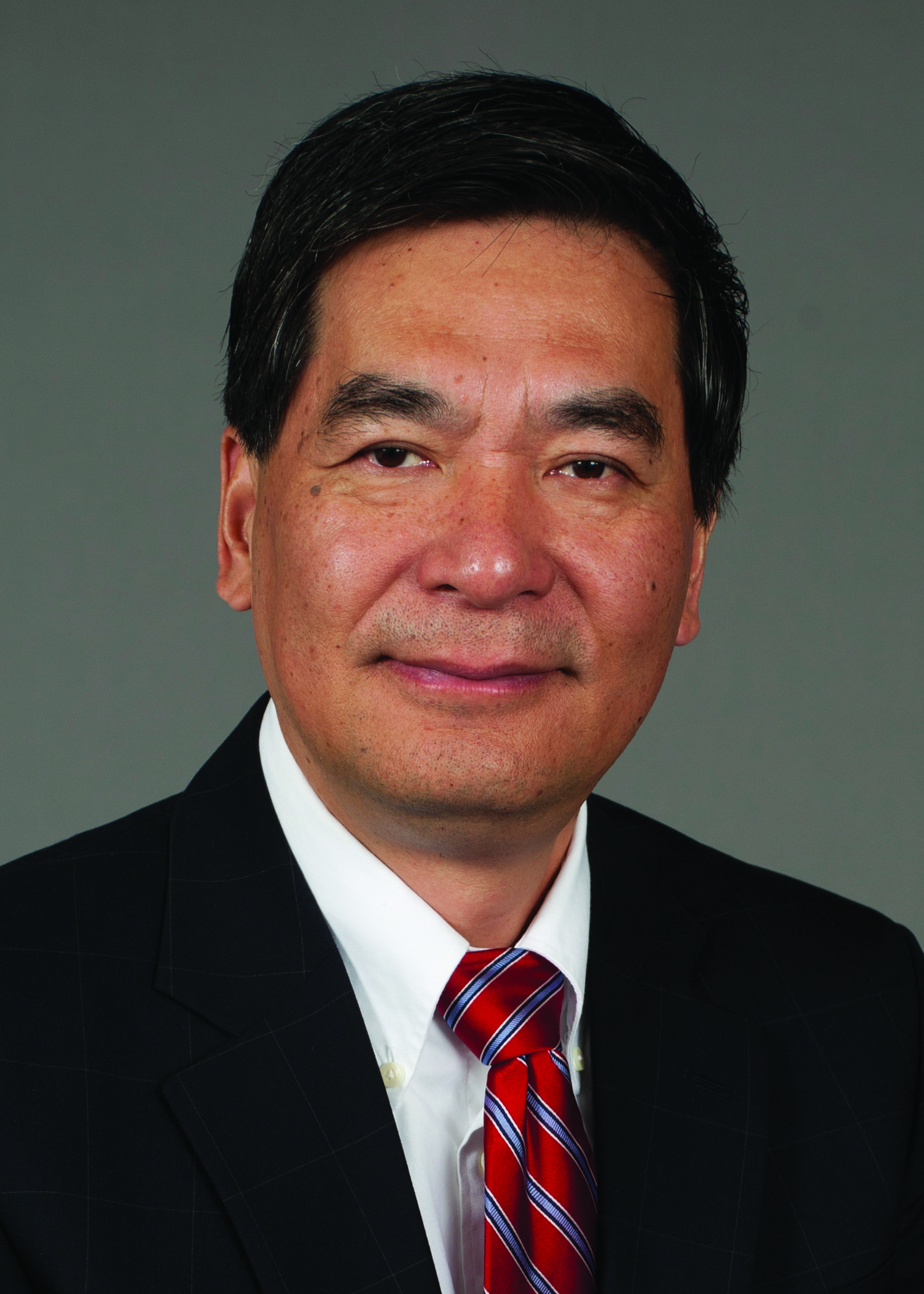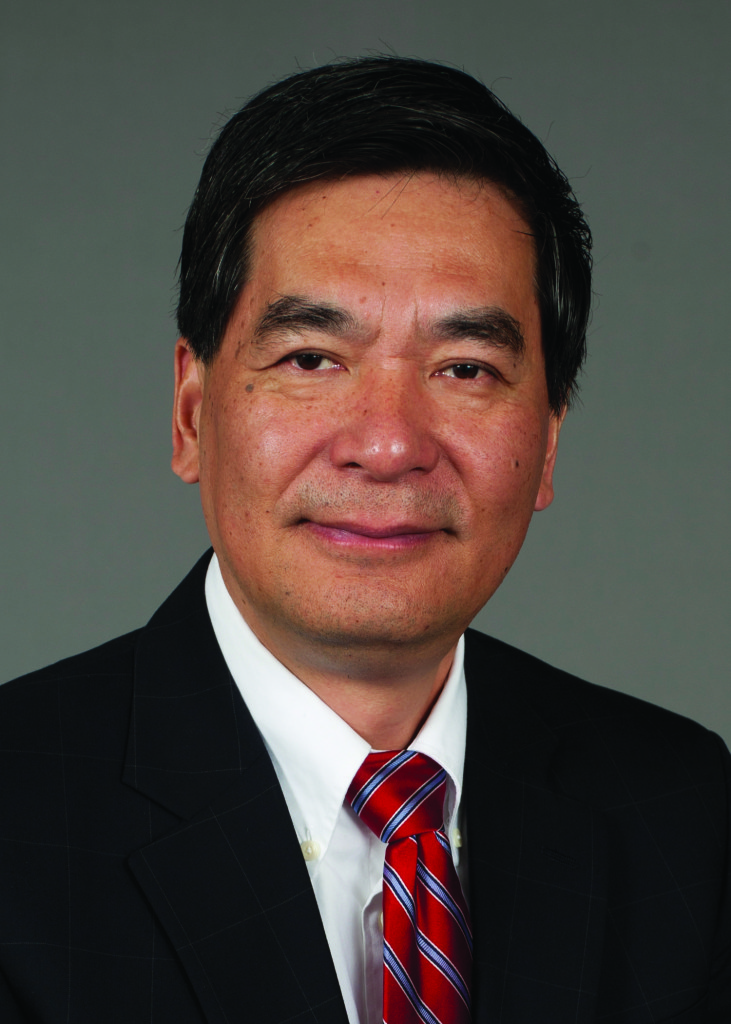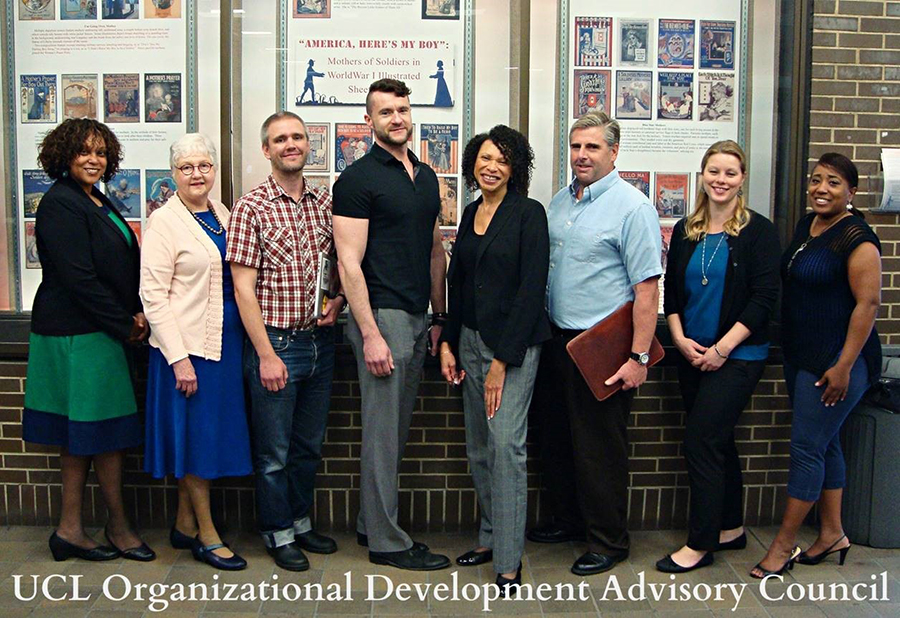
A Note from the Dean: Creating a Culture of Transformational Change

Previously in Source, I discussed the importance of building strategic staffing capacity in order to create new positions and opportunities within UC Libraries both to meet the organization’s growing needs and to attract new talent. While finding new talent is important to the success of UC Libraries and the implementation of our Strategic Plan, developing and retaining the talent we already have is equally important. One of the main objectives of the Strategic Plan’s People pillar is to “cultivate and empower a well-trained and technologically savvy workforce that embraces a culture of continuous learning, creative thinking and the pursuance of excellence.” The concept of embracing a new culture is one of the most challenging aspects of any organization’s transformational journey.
So how do we realize this lofty objective?
About two years ago, I asked myself the question- where and how should we start. The Libraries’ director of human resources (HR) was retiring and I decided to use that opportunity to retool the position and to create a dedicated leadership role to lead the organization-wide effort. The new HR director would have a dual title of director of HR and organizational development with responsibilities built into their job description to lead the charge on organizational development for all of UC Libraries.
What is Organizational Development (OD)?
There are countless definitions, but I see OD as a concerted effort aimed at achieving total alignment in all aspects of an organization – from its highest level of leadership to each individual staff member – to become a comprehensive learning organization. This means encouraging continuous learning, entrepreneurial thinking, and exploring new avenues of growth, for the benefit of the organization and the individual.
Individuals are key in OD. No one person can drive real, sustainable cultural change, and no cultural change can survive and thrive if it fails to benefit the individual. As the objective above states, we need to “cultivate and empower” our workforce.
Our journey towards creating this culture of transformational change began with the hiring of our director of HR and organizational development, Regina Bourne, in summer 2015. After taking some time to acclimate to the university atmosphere, Regina began to work with me and other members of UC Libraries’ leadership to discover the most effective way to approach OD at UC Libraries.
Task forces were created and staff and faculty consulted. Last year, Regina joined me at a satellite conference for the human resources section of IFLA to discuss UC Libraries’ progress with a presentation, “Building 21st Century Organizational Capacities: A Case Study of Workforce Transformational Change.” Last fall, we brought in consultant Donna Chrobot-Mason, associate professor in the psychology department at UC, and director of UC’s Center for Organizational Leadership. With Donna’s help we launched an organization-wide survey to help identify the Libraries’ areas of strength and those in need of improvement. Later we completed focus groups to collect more comprehensive input and suggestions. This valuable information was then analyzed and next steps identified. One of those steps called for the creation of an OD Advisory Council.

This council, comprised of members of UC Libraries’ faculty and staff, was established earlier this spring. The purpose of the council is to (1) serve as an advisory group in the planning and implementation of OD projects (2) champion the execution of the OD agenda set forth by the Dean and the director of human resources and organizational development and (3) make recommendations for projects and resources needed.
I am excited to hear the council’s suggestions and see the progress of the OD efforts at UC Libraries.
The OD is about means and ways, not the ends. The OD is a journey not an event. The ultimate goal of UC Libraries’ OD efforts is the organization’s total alignment. That alignment is achieved not by the command and control, but by the organization’s self-consciousness or built-in DNA of embracing continuous learning and change.


